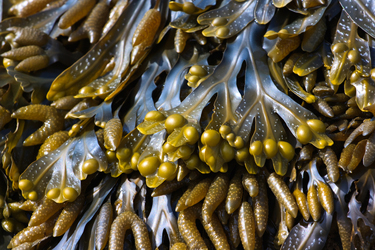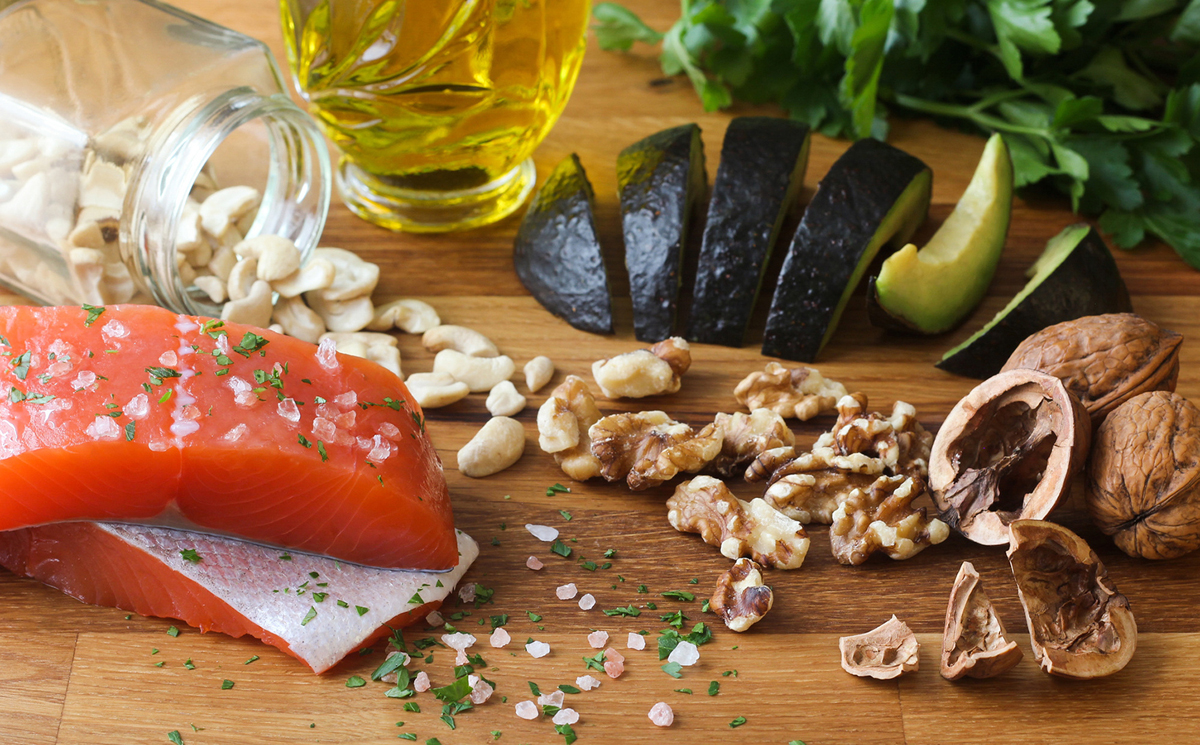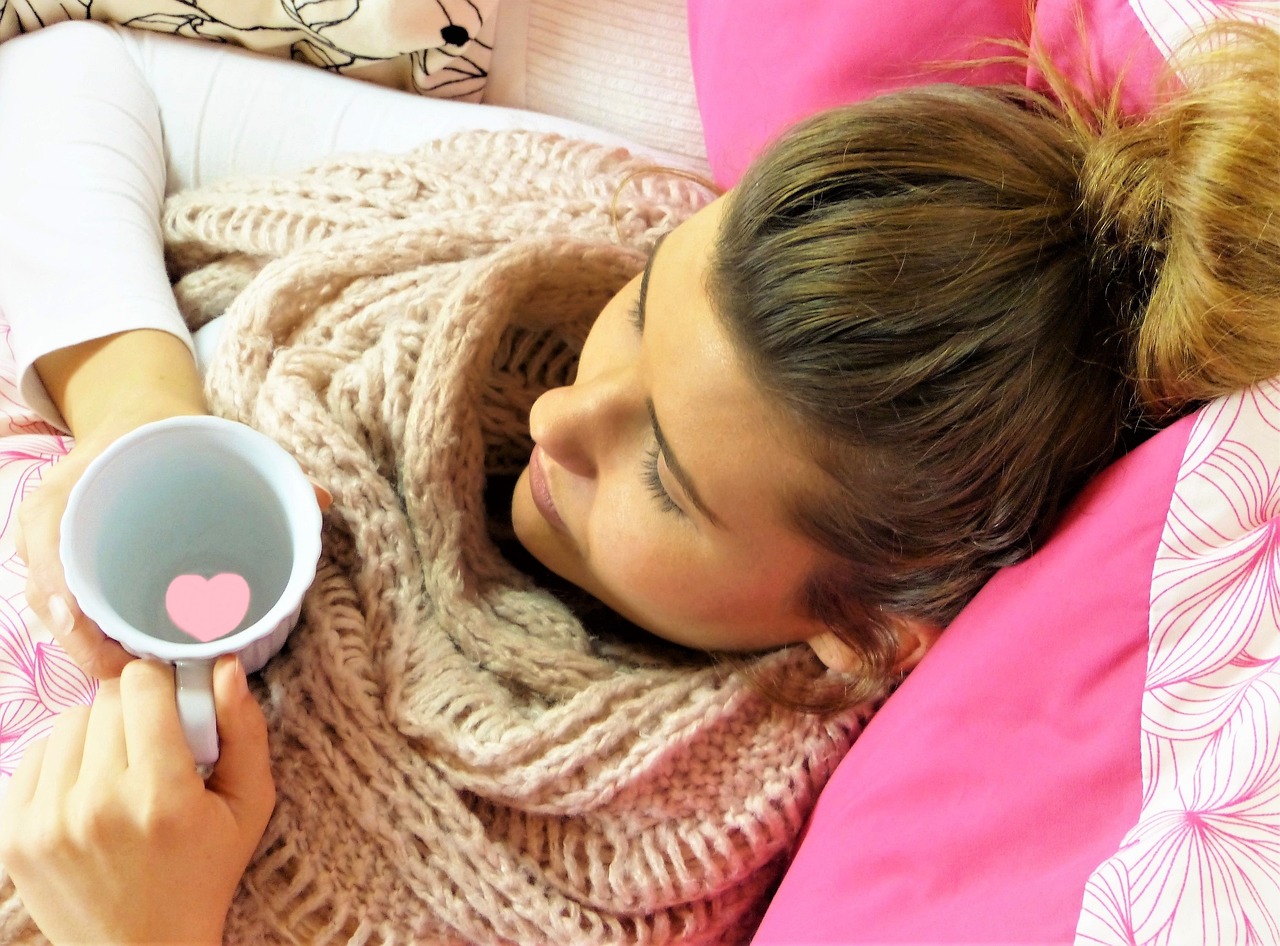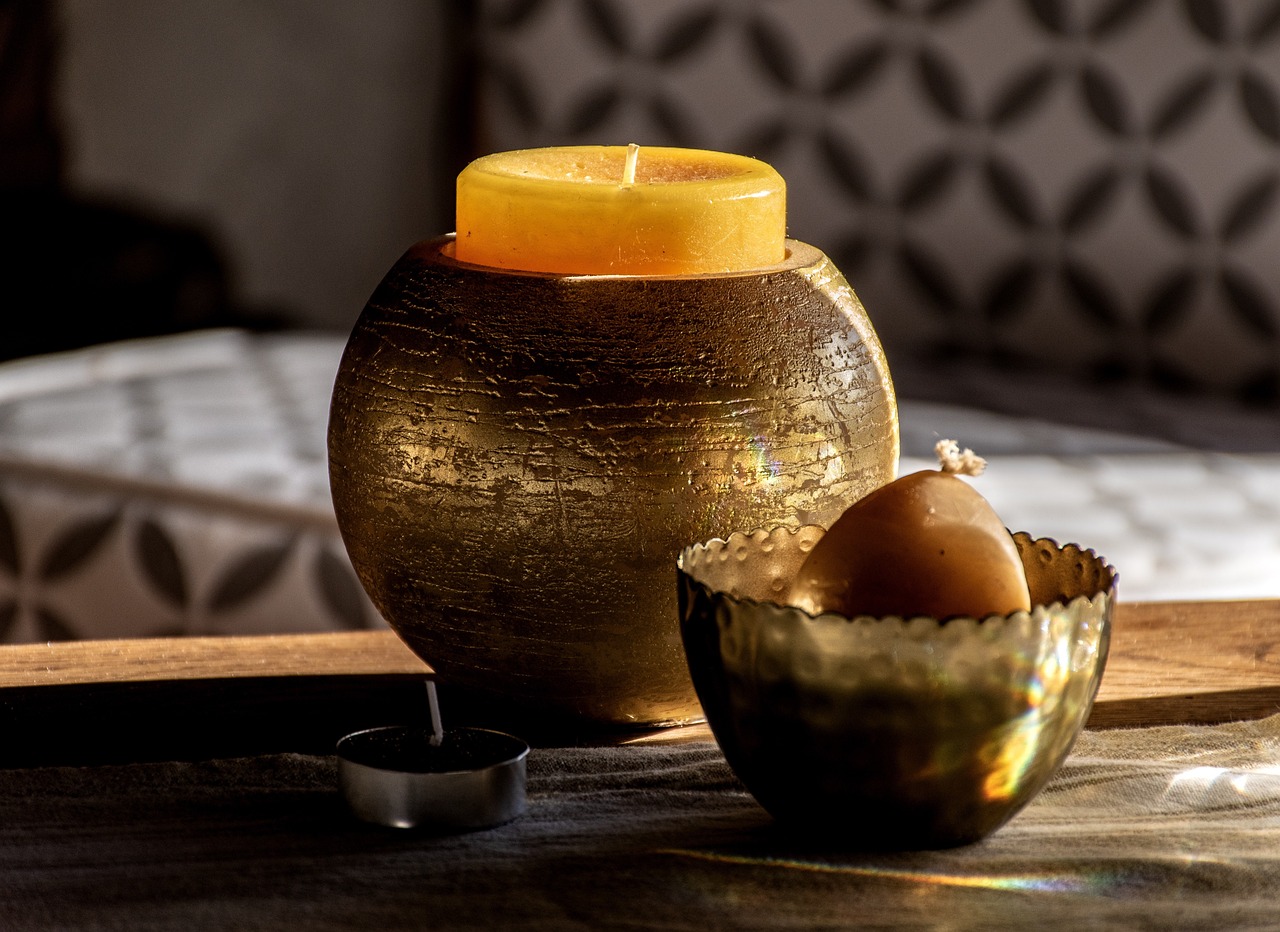Benefits of Bladderwrack

Bladderwrack is a type of brown algae that is abundant on the North Atlantic and Pacific coasts of the United States and the coasts along the Baltic Sea in Europe.Its thallus or main stem, usually tough and with air-filled pods, is priced for its medicinal value. Although it is commonly called kelp, this term is considered inaccurate. This seaweed contains about 0.1 percent of cellulose, mannite, mucilage, volatile oil, soda, iodine, and bromine compounds of sodium and potassium. It is noted for its rich iodine content when harvested at the end of June.
Traditionally, bladderwrack’s main stem or thallus is used as an anti-inflammatory agent. It is said to soothe the irritated tissues of the body. Because of its rich iodine content, it is known for its curative effects on hypothyroidism. It has been known for years that people that consume brown seaweeds like bladderwrack have low rates of hypothyroidisim. In the past, it has also been used as a laxative. Maybe that’s why it is also used against obesity since this seaweed is known for its stimulus of the thyroid glands. Recent studies have proved this true, as bladderwrack have amazing weight loss-inducing qualities. Of course, like all alternative medicines, there still has to be a lot of research done to qualify the healing effects of bladderwrack.
Aside from possessing rich iodine, bladderwrack also contains alginic acid and fucoidan. The iodine content is relative to its location in the sea. That is because some parts of the sea contain more iodine than in some parts. Iodine is an important mineral, as it helps maintain the health of the thyroid glands. That is why people who suffer from an iodine deficiency are recommended to take bladderwrack as a supplement.
Alginic acid, on the other hand, has fibrous qualities that can help cure constipation and diarrhea. Although it’s effectiveness on treating such digestive disorders has not been medically proven, bladderwrack is also used as treatment for indigestion and its special element, calcium alginate or calcium salt in alginic acid, has been proven to speed up wound healing in humans. This acid has been shown to reduce bad cholesterol and is used as a thickening agent in food.
Fucoidan is another dietary fiber found in bladderwrack. It also can help lower cholesterol levels, blood sugar levels, and it possesses anti-inflammatory, anti-HIV, anticoagulant, and antibacterial properties. And that’s a whole lot of “antis” there for bladderwrack, though these antis are not yet scientifically proven. Thus, to use them against the mentioned conditions is not yet advisable.
Since iodine is the main chemical element in this seaweed, it is noteworthy that our body only needs only 150 mcg. of iodine from all sources. This being the case, it should not be used until further tests have proven its healing quality.
The Author:
Patricia McDougall B.Sc. is a Chartered Herbalist and graduate of the Dominion Herbal College, British Columbia, Canada.








